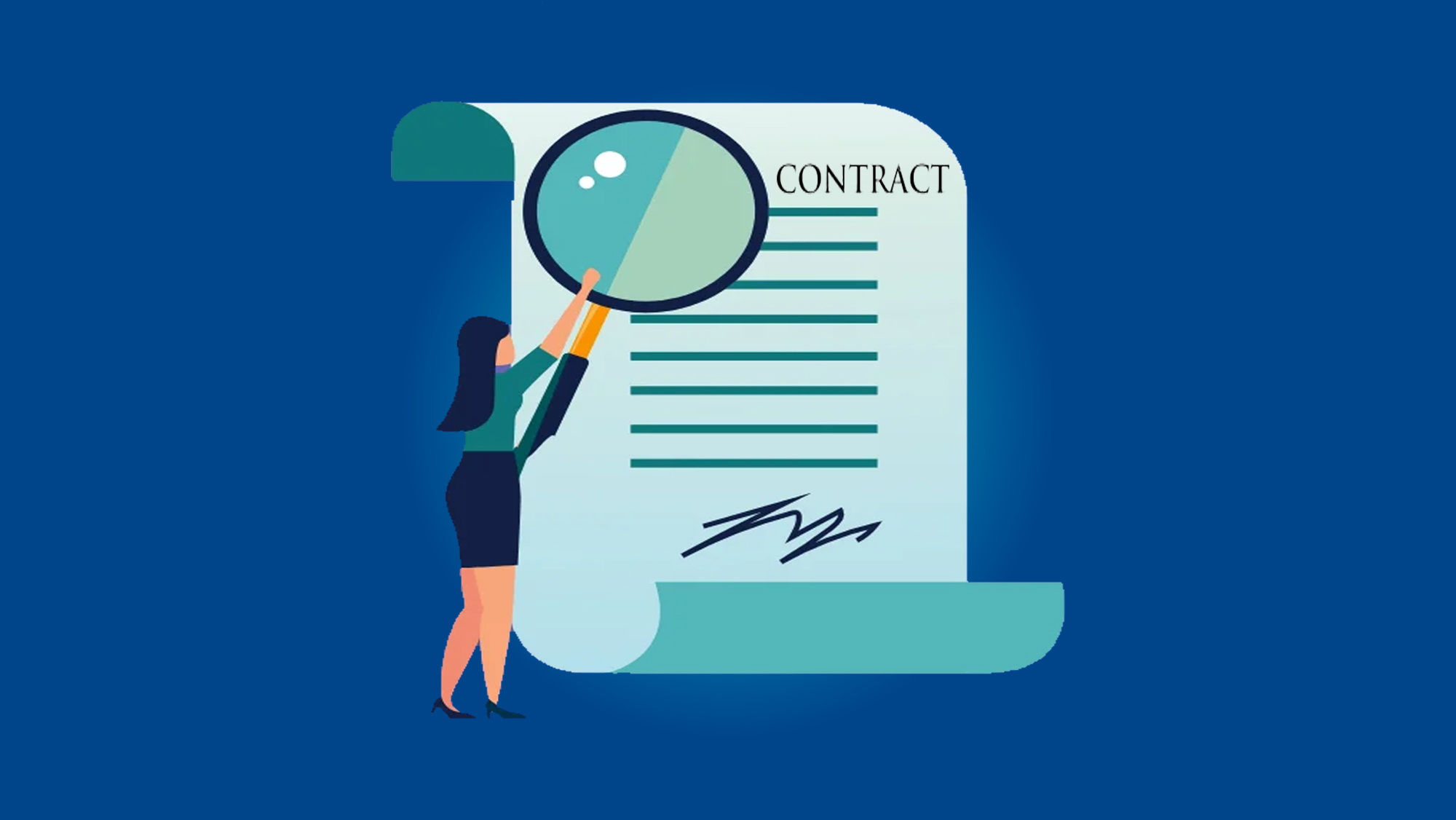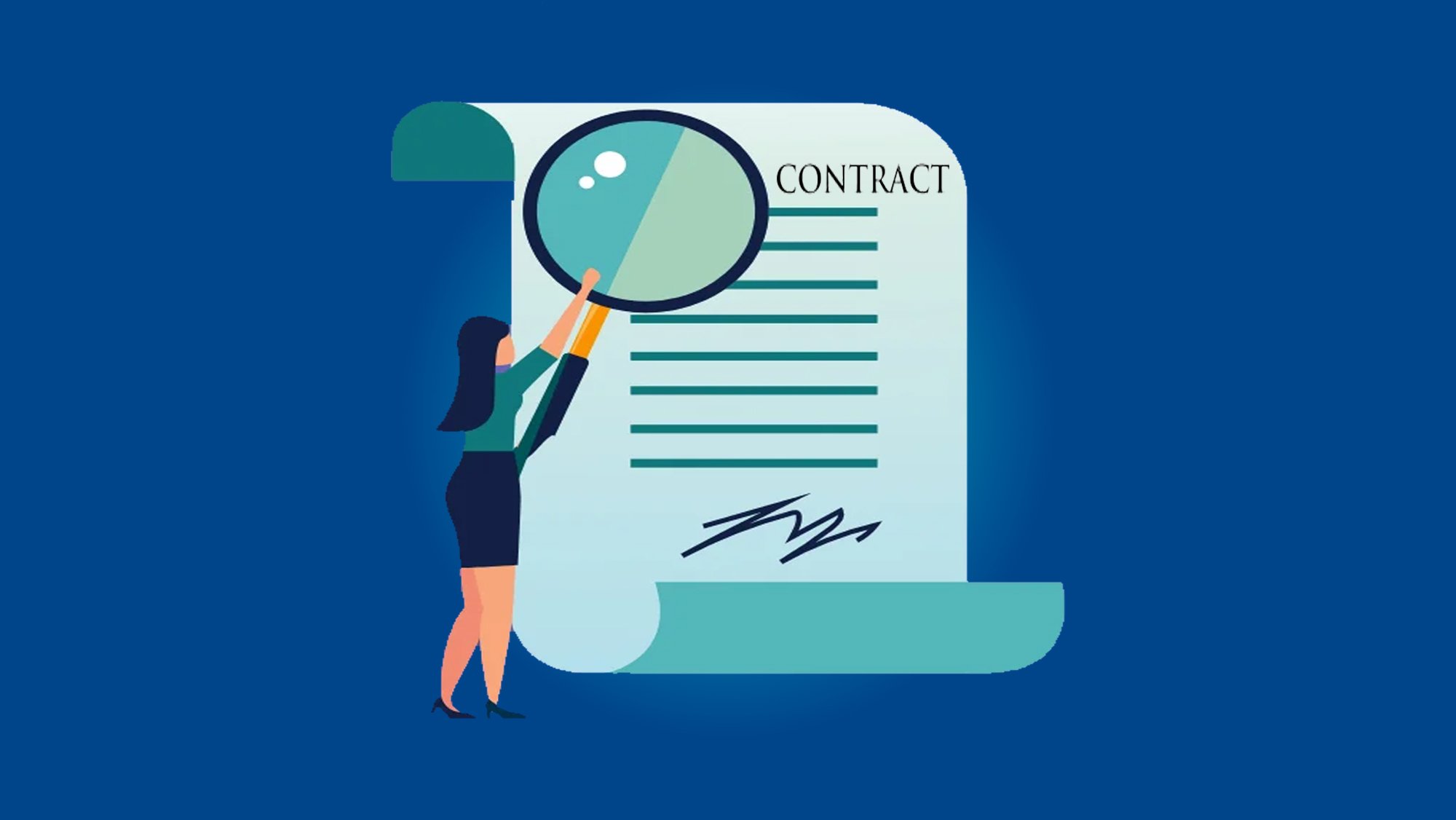Mastering Contract Auditing: 5 Key Principles for Mitigating Risks
Introduction:
In the intricate world of modern business, contracts serve as the bedrock upon which transactions, partnerships, and collaborations are built. The importance of thoroughly auditing contracts cannot be overstated, as it ensures compliance, minimizes risks, and safeguards the interests of all parties involved. In this comprehensive blog, we will delve into the key principles that empower organizations to master the art of contract auditing and effectively mitigate risks.
1. Clarity and Precision in Contract Drafting
Effective contract auditing begins at the contract drafting stage. Clear, precise, and unambiguous language is the cornerstone of a well-structured contract. Ambiguities and vagueness can lead to misunderstandings, disputes, and potential risks. Ensuring that contracts are drafted with utmost clarity, outlining rights, obligations, timelines, and contingencies, sets the stage for a successful contract audit.
2. Clearly Defined Audit Objectives and Scope
Before commencing a contract audit, it is imperative to define the audit objectives and scope. What specific aspects of the contract will be audited? Are you focusing on financial compliance, performance metrics, regulatory adherence, or a combination of these? By setting clear objectives and boundaries, you ensure that the audit remains focused and aligned with the organization's goals.
3. Thorough Documentation Collection
An essential step in contract auditing is the comprehensive collection of all pertinent contract documentation. This includes not only the original contract but also any amendments, addendums, correspondence, and financial records. A meticulous review of these documents provides auditors with the contextual background necessary to assess the contract's compliance and risk exposure accurately.
4. Rigorous Assessment of Financial Transactions
Financial transactions associated with the contract must undergo rigorous scrutiny. Auditors should meticulously review invoices, payments, and financial statements to confirm that monetary obligations are being met by all parties in accordance with the contract terms. This step not only ensures financial compliance but also safeguards against potential discrepancies and discrepancies.
5. Performance Metrics Evaluation
Contracts often outline specific performance metrics or deliverables that parties are obligated to achieve. Auditors must assess whether these performance targets are being met efficiently and effectively. This involves evaluating the quality, timeliness, and alignment of deliverables with the contract's stipulations.
6. Comprehensive Compliance Review
One of the fundamental aims of contract auditing is to ensure that all parties are adhering to relevant legal and regulatory requirements. Auditors must conduct a comprehensive review to confirm compliance with industry standards, local and international laws, data protection regulations, and any other pertinent obligations.
7. Identification and Mitigation of Risks
Contract audits are proactive risk management tools. Auditors should actively identify potential risks and issues that could compromise the contract's successful execution. These risks could include missed deadlines, inadequate quality, or changes in regulatory frameworks. Identifying these risks early allows for strategic planning and risk mitigation strategies.
8. Collaboration and Communication
Successful contract auditing hinges on effective collaboration and communication among all stakeholders. Legal, financial, operational, and managerial teams must work in tandem to provide insights, address challenges, and implement corrective actions based on audit findings.
9. Comprehensive Audit Reporting
The culmination of the contract audit process is the generation of a comprehensive audit report. This report should encapsulate the audit's scope, methodology, findings, and recommendations. It serves as a roadmap for improvement and offers insights into rectifying any identified deficiencies.
10. Continuous Monitoring and Improvement
Contract auditing isn't a one-time event; it's an ongoing commitment to maintaining transparency, accountability, and compliance. Establish a system for continuous monitoring, periodic audits, and performance evaluation to ensure that contractual relationships remain aligned with organizational objectives and industry standards.
Conclusion:
Mastering contract auditing is an indispensable skill for modern businesses seeking to navigate the complexities of contractual relationships while mitigating risks. By adhering to these key principles, organizations can ensure that their contracts are not only comprehensive and precise but also serve as instruments for fostering trust, accountability, and successful collaborations. The art of contract auditing transforms contractual agreements from static documents into dynamic tools that drive operational excellence and safeguard the interests of all stakeholders involved.
You May Also Like
These Related Stories

Everything You Need to Know About Contract Auditing Training

Demystifying Contract Auditing: Essential Steps for Success




No Comments Yet
Let us know what you think